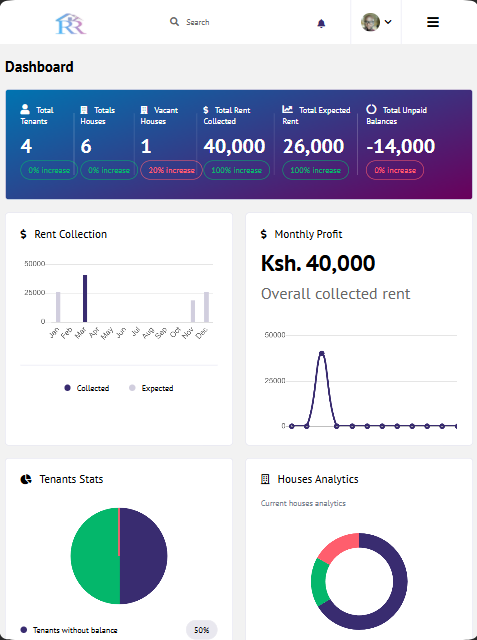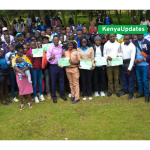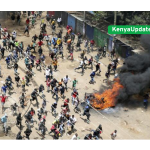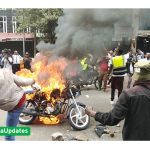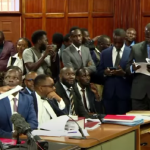Kenya's Parliament has embarked on the critical task of vetting nominees for the Independent Electoral and Boundaries Commission (IEBC) chairperson position, a process that has garnered significant public attention. The vetting follows the conclusion of interviews conducted by the IEBC Selection Panel, chaired by Dr. Nelson Makanda, which shortlisted 11 candidates from a pool of 1,848 applicants. Notable figures among the shortlisted include former Chief Registrar of the Judiciary Anne Amadi, former CIC chair Charles Nyachae, and Kenya Power board chair Joy Brenda Mdivo. The interviews, held publicly at the Edge Convention Centre in Nairobi, aimed to assess candidates' experience, integrity, and vision for the commission.
Integrity emerged as a central theme during the vetting process. Anne Amadi faced questions regarding her alleged involvement in a 2023 gold scandal, which she refuted as baseless attempts to tarnish her reputation. Similarly, Charles Nyachae was scrutinized over personal misconduct allegations presented in a petition by Bunge La Mwananchi. The selection panel emphasized the importance of Chapter Six of the Constitution, which outlines the ethical standards required for public office, ensuring that only candidates of unblemished integrity are considered.
The urgency to reconstitute the IEBC has been underscored by various stakeholders, including President William Ruto, who has called for the expedited appointment of commissioners to facilitate timely electoral reforms ahead of the 2027 General Election. The IEBC Selection Panel is mandated to submit two names for the chairperson position and nine for commissioners to the President by April 25, 2025. Subsequently, the President is expected to forward the names to Parliament for approval, with the entire process aimed at having a fully constituted commission by May 2025.
Public confidence in the selection process remains a pivotal concern. A TIFA Research survey indicated that 41% of Kenyans favored Anne Amadi for the chairperson role, followed by Charles Nyachae at 23%. Despite these preferences, the survey also revealed widespread skepticism regarding the fairness and transparency of the selection process. As Parliament continues its vetting, the outcome will significantly influence the credibility of the IEBC and, by extension, the integrity of Kenya's electoral processes in the coming years.



